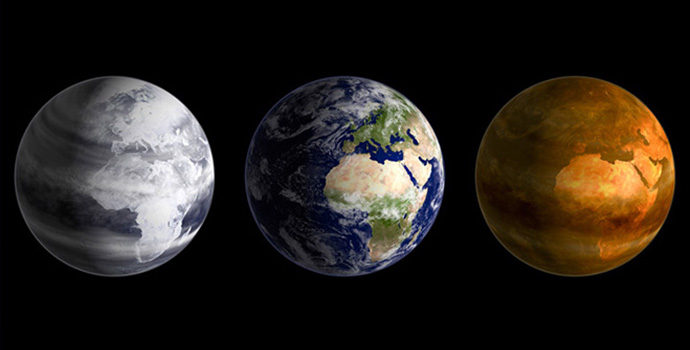
Global Economic Cost of Climate Change Higher than Expected, Stanford-Cal Collaboration Finds
A new study published in the journal Nature shows that the global economy will take a harder hit from rising temperatures than previously thought, with incomes falling in most countries by the year 2100 if climate change continues unchecked. Rich countries may experience a brief economic uptick, but growth will drop off sharply after temperatures pass a critical heat threshold.
The study, co-led by Marshall Burke, a professor of Earth system science at Stanford’s School of Earth, Energy & Environmental Sciences, provides a clear picture of how climate change will shape the global economy, which has been a critical missing piece for the international climate community. Understanding how much future climate change will cost in terms of global economic losses will help policymakers decide how much to invest in emissions reductions today.
“Many very careful studies show clearly that high temperatures are bad for things like agriculture and labor productivity, even in rich countries,” Burke said.
The work was co-authored by two researchers from the University of California, Berkeley.
More Information:
http://news.stanford.edu/pr/2015/pr-climate-change-cost-102115.html
